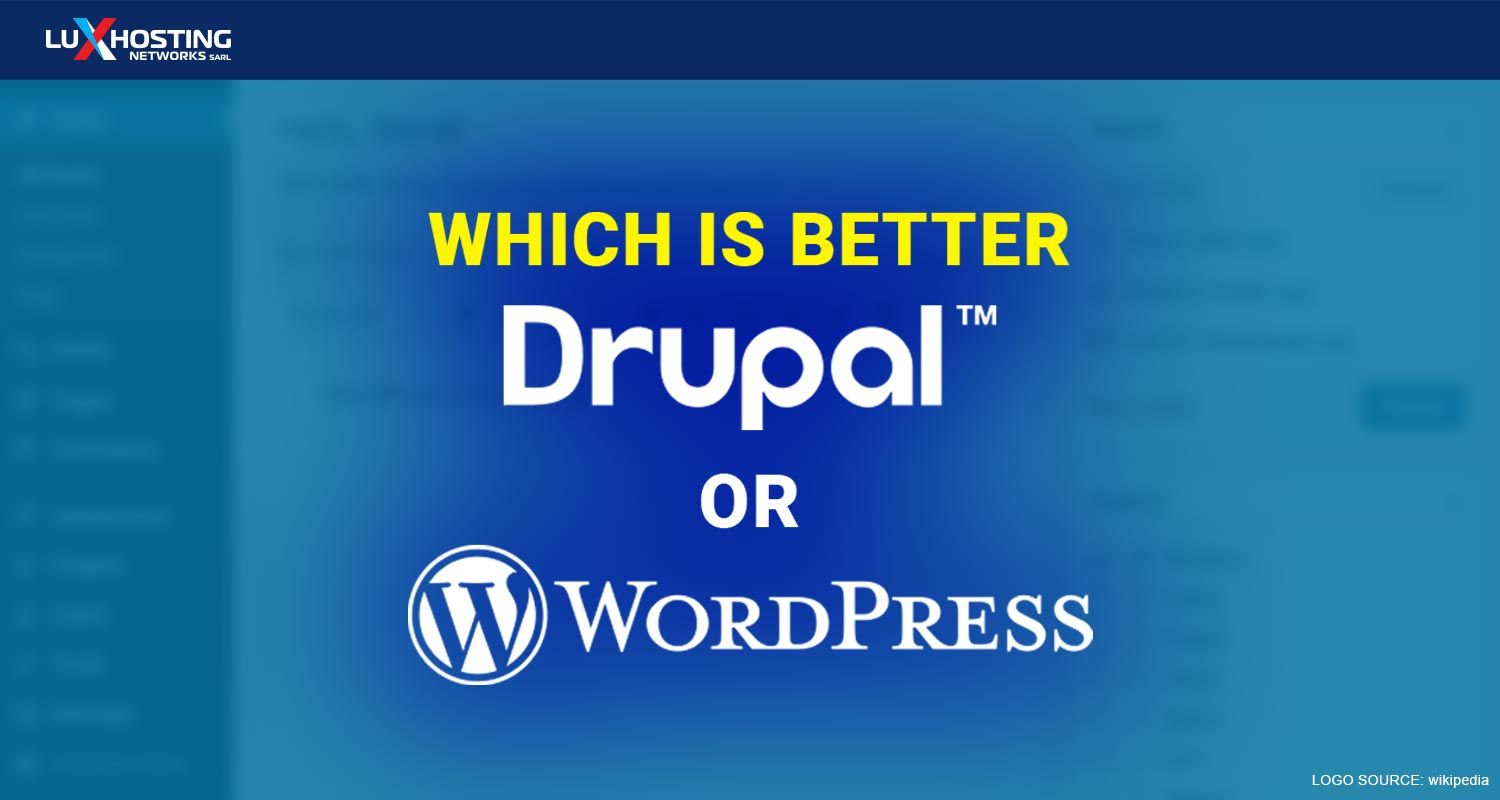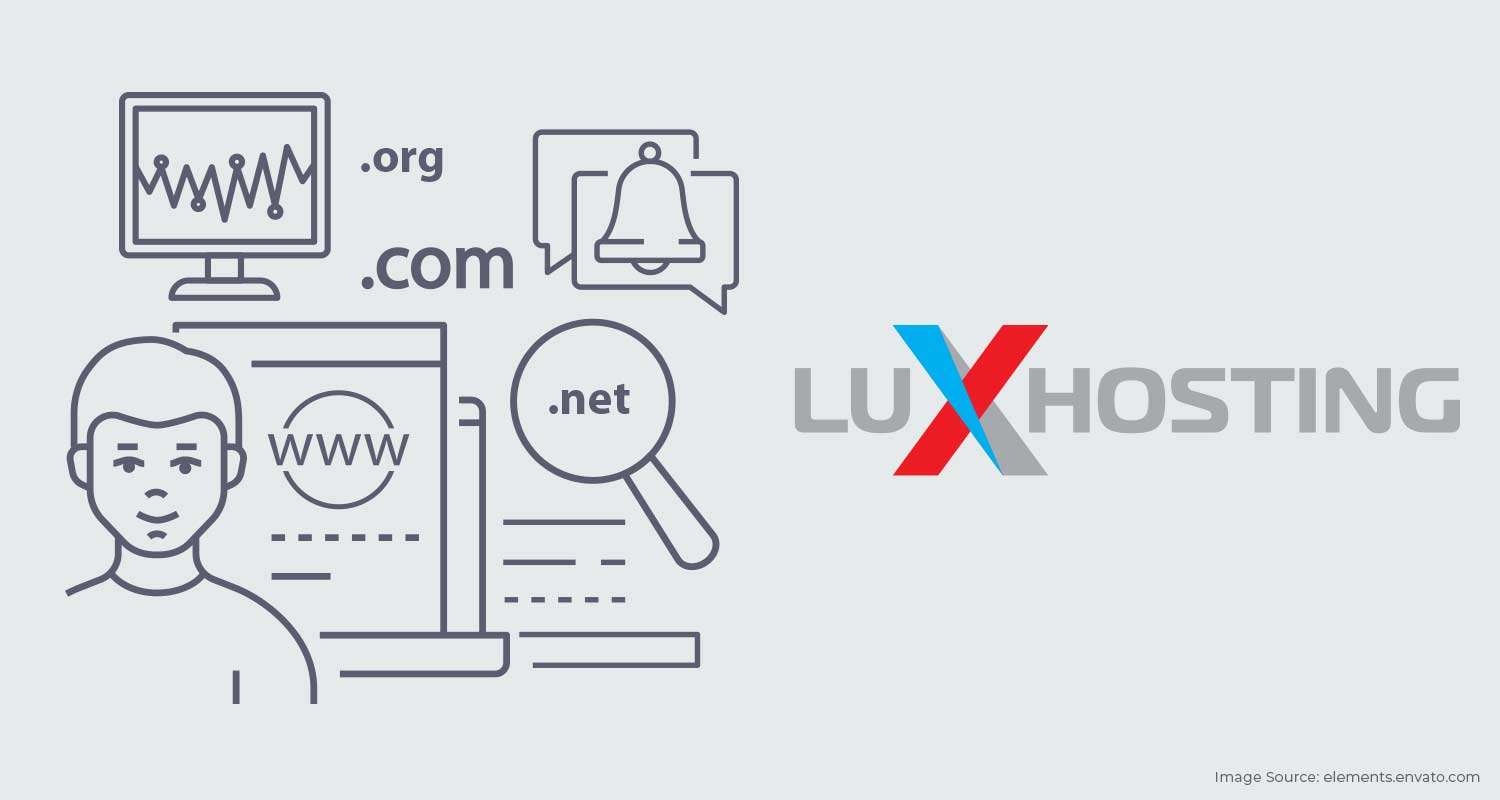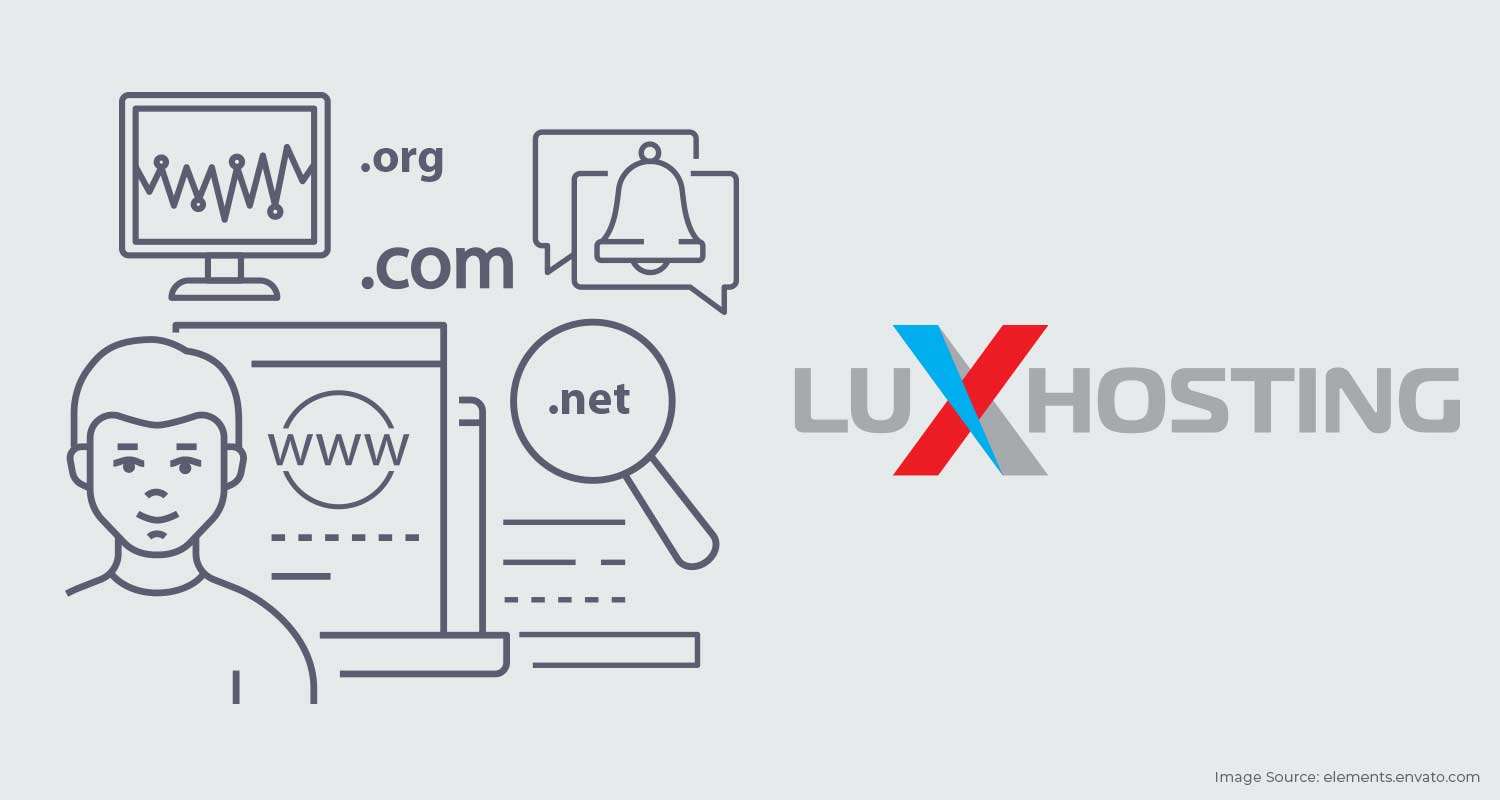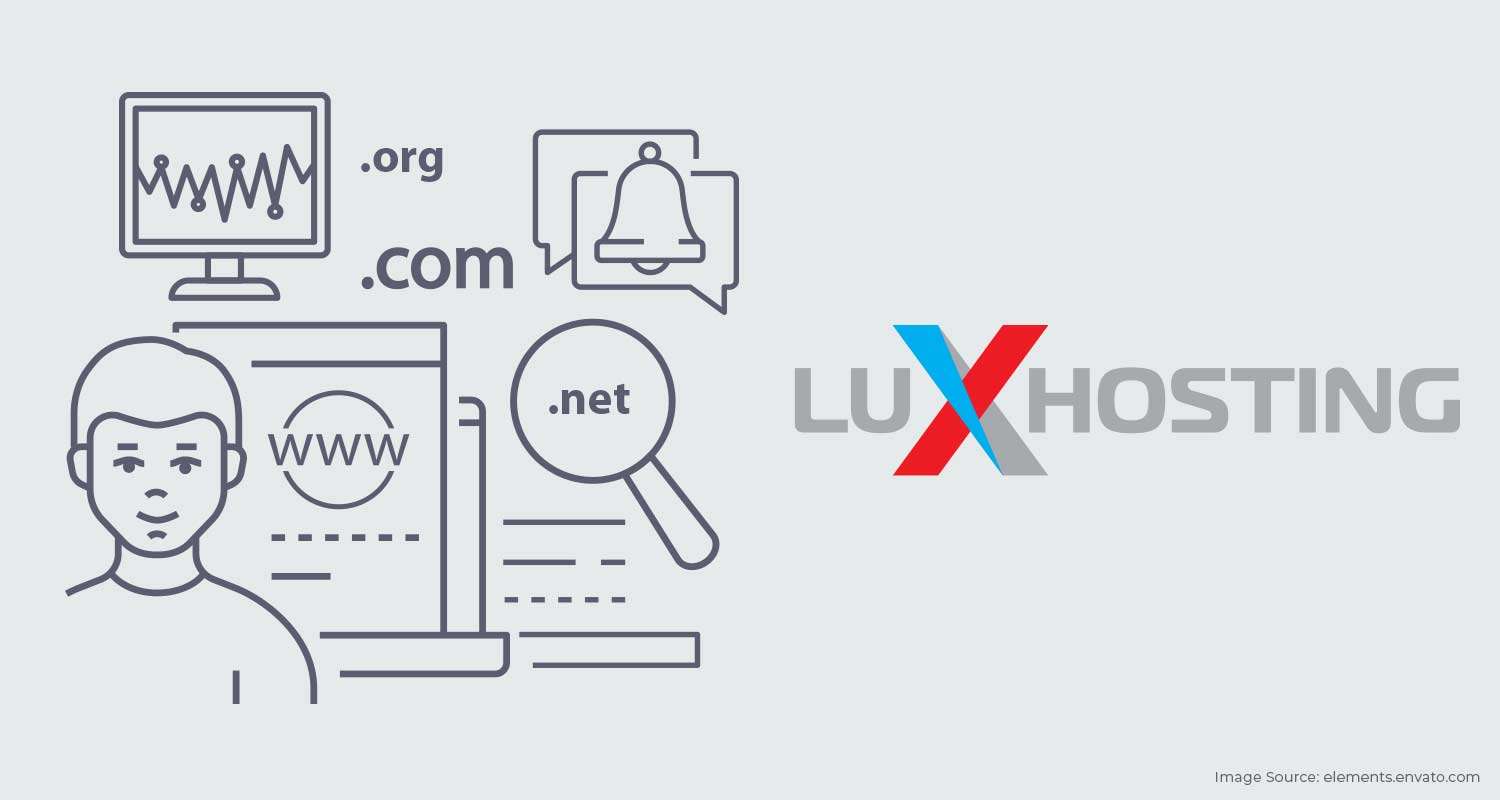Choosing ‘the best CMS’ is relative and dependent on what your goals and expectations are for the website you are building. It’s not a ‘one size fits all’ scenario, it’s instead which CMS suits you best. WordPress and Drupal are both open-source, user-friendly CMSs that provide website hosting and building solutions. They are both free website hosting platforms, with free plugins and modules to enhance their functionality. However, they both have unique offerings that work better for different website needs. This article will breakdown and compare both WordPress and Drupal to help you to make the better selection for your specific project.
WordPress or Drupal: CMS Similarities
Whether you area skilled web-developer or new to CMS solutions you will find that both WordPress and Drupal are great webhosting platforms.
Both are Open Source Solutions
This means that both WordPress and Drupal are not only free but also gives you the option to develop them further. Being open-source solutions makes them affordable and easily customisable to be the solution to your specific needs.
Strong Community Support
Both WordPress and Drupal platforms are internationally popular, resulting in a huge community of developers who use them both. How is this a good thing? For starters, if as a beginner or even a web-developer you can share any technical issues you face with persons who would have already gone through them and can now give expert advice.
Key Differences between WordPress and Drupal
When deciding between WordPress and Drupal the keys differences will hinge on how they cater to your specific needs. This is what will tip the scale in favour of one over the other.
1. Price
Whether you opt for either WordPress or Drupal, the ultimate cost of building or redesigning your website is still unpredictable. That is because it all goes back to what you require from the platform. You can, like most businesses, start with a simple website, which can be customised, and scaled over time.WordPress is a free open source website building software where users have the ability to pick their preferred web host. What you end up spending depends on how much you want to customise your website with custom plugins. However, what you pay to start your website using WordPress will be less than you spend with Drupal. If you don’t require a highly complex website now or in the near future, then WordPress is an affordable solution you can go for. It works out cheaper than Drupal because you don’t need a developer to get started with WordPress, saving you lots of money. Anyone can use WordPress to build and host a website. It will cost you more to get your site off the ground with Drupal because this CMS requires a lot more expertise. The initial cost will also be more expensive than WordPress because if you are not technically savvy, you’ll have to hire a developer to do it for you. Not only will you have to pay for web development services, you’ll also have to pay for your domain registration and hosting. However, once you are done building the skeleton framework of your website with the necessary functionality, it will not require much to customise and scale up in the future.
2. Learning Curve
Both WordPress and Drupal have significantly different learning curves. WordPress doesn’t have much of a learning curve and it’s easy for beginners to catch on effortlessly. With Drupal,the process is more difficult. WordPress is very user-friendly and intuitive for non-developers making it possible for them to build a website from scratch. On the other hand, Drupal makes getting a site up and running extremely hard for beginners. It is not very intuitive and instead requires learning all about its usability requirements before even starting your website. This is why many persons who choose Drupal as the CMS of choice either have Website development knowledge or simply hire a developer.
3. Customisability and Extensibility
Comparing the extensibility and customisability of WordPress and Drupal depends on whether you prefer to rely on plugins or have main themes already built into the platform. Both of these CMS platforms possibly offer equal scalability and customisability. It’s just a matter of how they both go about achieving this.WordPress provides over 5,000 free themes and more than 53,000 free plugins, while Drupal only offers over2,500 themes, and more 39,000 modules (the equivalent of WordPress’ “plugins”). Since WordPress has so many themes and plugins that can boost functionality, it’s possible to customise your website in an almost unlimited way. However, with Drupal you don’t need all that additional themes and plugins because most of the functionality needed to customise it is already built into the main themes. This eliminates the need to rely greatly on plugins. Drupal is also more flexible and efficient in organising large amounts of content and data. However, to tap into customising Drupal theme a beginner will need the help of a professional web developer.
4. Security
Both WordPress and Drupal are designed to be secure CMS solutions. But a deeper comparison of the security of both usually gives Drupal an edge over WordPress. That is because of how each platform treats with the building, customisation and extension of websites. WordPress brags thousands of plugins and that is also the main security issue with WordPress sites. Third party plugins create security vulnerability. With each uploaded plugin to WordPress, your website becomes susceptible to malicious hacking. Since Drupal by default is not highly reliant on third-party extensions, it is less likely to be affected by potentially malicious code uploaded from non-verified third parties.
5. Ease of use
WordPress is easy to use and requires no programming skills. With its extensive amounts of free themes, it is quite simple to create a website quickly. This is one of the reasons WordPress is the most popular CMS. Conversely, Drupal is not that simple to use. To implement a number of its functions you will have to install and modify modules. But, in the right hands of a developer, Drupal is able to carry out more complex tasks. You can create simple websites with Drupal; however, enterprise developers wishing to build advanced websites most commonly use this platform.
Final Thoughts on WordPress vs Drupal
WordPress is ideal for beginners who want to create their websites from scratch by themselves. It allows you to create both simple blogs and sites that are more advanced. Whereas Drupal will require web-development knowledge or expertise to build a website. With Drupal you can create advanced websites with a bit more added security. Both Drupal and WordPress have their unique strengths and weaknesses, but it’s your goals for the type of website that you want that will determine your ultimate choice. So, WordPress or Drupal, which is better? Now you can decide.



